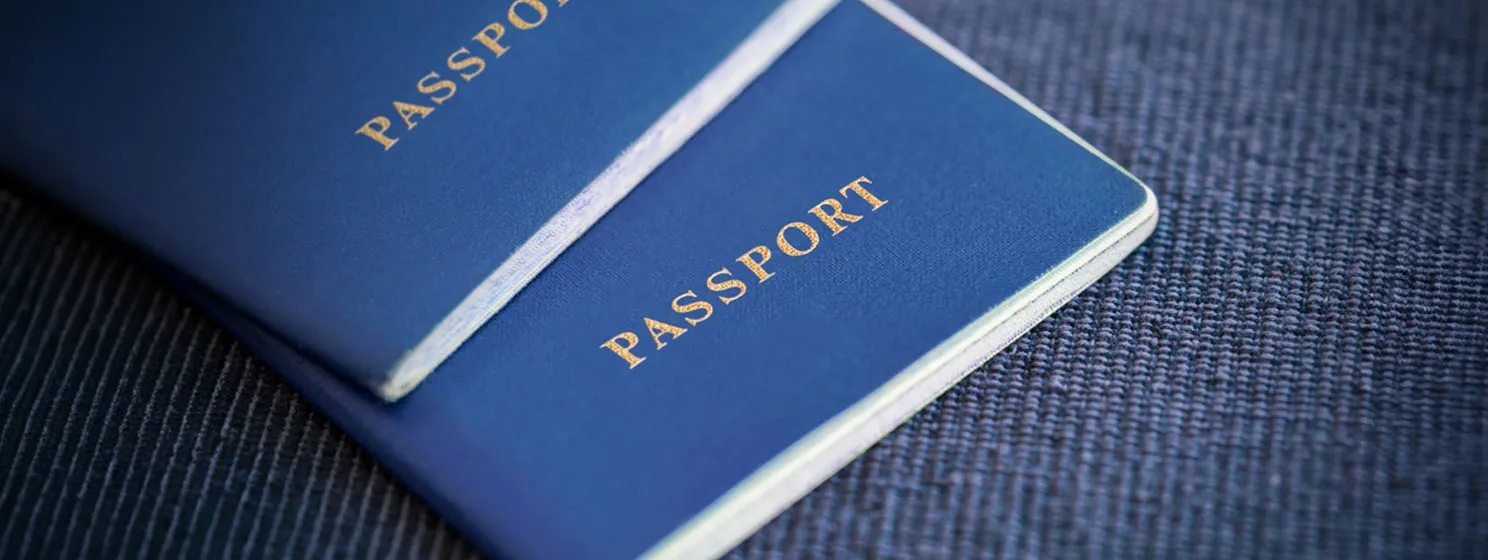|
Getting your Trinity Audio player ready...
|
India, the world’s fastest-growing major economy, has taken a significant step in its digital tra nsformation journey with the modernization of international travel by launching chip-enabled biometric e-passports. India joins several other nations, such as the United States, Canada, France, and Japan, in deploying this advanced technology. This transition is part of a broader digital overhaul aimed at bolstering border security, curbing identity theft, and expediting immigration processes for citizens.
With this initiative, India aligns itself with the standards of the International Civil Aviation Organization (ICAO), bringing its passport technology in line with global best practices. This move facilitates smoother travel for citizens and strengthens India’s reputation as a forward-looking, technologically capable nation.
India’s e-passport is a modern travel document that integrates physical and electronic features. It includes a Radio Frequency Identification (RFID) chip and an embedded antenna within the passport’s cover, which securely stores the holder’s personal details and biometric data. This advanced passport can be recognized by a small gold-colored symbol printed on the lower portion of the front cover, indicating the presence of the electronic chip.
The initiative began in April 2024 as part of the revamped Passport Seva Programme 2.0. Initial testing reportedly took place in a select group of cities, including Nagpur, Bhubaneswar, Jammu, Panaji, Shimla, Raipur, Amritsar, Jaipur, Chennai, Hyderabad, Surat, and Ranchi. A full-scale national deployment is expected to be completed by mid-2025.
Each e-passport features an embedded Radio Frequency Identification (RFID) chip and an antenna integrated into the back cover. The chip securely stores the holder’s personal and biometric details, such as a digital facial image, fingerprints, name, birthdate, and passport number. This information is safeguarded by global encryption protocols like Basic Access Control (BAC), Passive Authentication (PA), and Extended Access Control (EAC), ensuring robust data protection.
These smart passports are compatible with automated border control systems, commonly known as e-gates, which enable contactless identity verification. This advancement significantly reduces processing time at immigration checkpoints by replacing manual document checks with fast, automated procedures.
Applying for a biometric passport is straightforward. Citizens can initiate the process through the Passport Seva Portal, book an appointment at a Passport Seva Kendra or designated Post Office, and complete biometric data collection in person. All biometric passports are manufactured domestically at the India Security Press in Nashik, ensuring stringent data privacy while supporting the government’s Make in India mission and safeguarding national interests.
India’s introduction of biometric e-passports marks a crucial phase in its digital travel journey. Future developments are expected to include mobile-based passport wallets, integration with Aadhaar and DigiLocker systems, blockchain-backed identity verification, and even visa data embedded directly into passport chips.
This move signals a shift toward a more intelligent, paperless, and contact-free travel ecosystem. By embracing this digital innovation, India enhances its border management capabilities and paves the way for a smarter, more seamless travel experience for its citizens in the coming years.According to the recent World Tourism Barometer released by the United Nations Tourism, approximately 1.4 billion people engaged in international travel during 2024, signaling a near-complete rebound to pre-COVID levels—reaching 99% of figures recorded before the pandemic. This marks an 11% growth compared to 2023, translating to about 140 million additional international tourist arrivals. The surge was fueled by strong post-pandemic travel demand, solid performance from major outbound markets, and the continued revival of tourism across destinations in Asia-Pacific.
This global resurgence of international travel has prompted many countries to adopt biometric solutions to manage increasing traveler volumes securely. Traditional machine-readable passports are more susceptible to fraud and unauthorized alterations. In contrast, biometric passports offer heightened security and authenticity, significantly reducing the risk of forgery and identity misuse.
Existing passports to remain valid
All passports currently issued by the government will remain valid until their designated expiry dates. There is no requirement for citizens to replace existing passports prematurely. As individual passport offices become equipped with the necessary technology to issue e-passports, applicants submitting requests through those offices will begin receiving the new electronic version.
The nationwide rollout of e-passports is being implemented in stages and is expected to take several months to reach all passport offices nationwide. One of the most significant advantages of the e-passport lies in its ability to better protect and validate the passport holder’s personal information.
Each e-passport will store the holder’s details in printed form on the passport booklet and digitally within an embedded chip. This chip contains cryptographically signed data that can be verified by immigration authorities worldwide, providing strong protection against document tampering, counterfeiting, and misuse. It also enables rapid and accurate authentication at border checkpoints.
The core technology enabling this secure framework is Public Key Infrastructure (PKI), which is critical in verifying the authenticity and integrity of the data stored on the chip. PKI ensures that personal and biometric information remains secure and originates from a legitimate source, offering an added layer of trust in global travel documentation.
Watch: Here’s how digital vouchers will boost Japan tourism

 09-25-2025
09-25-2025 





